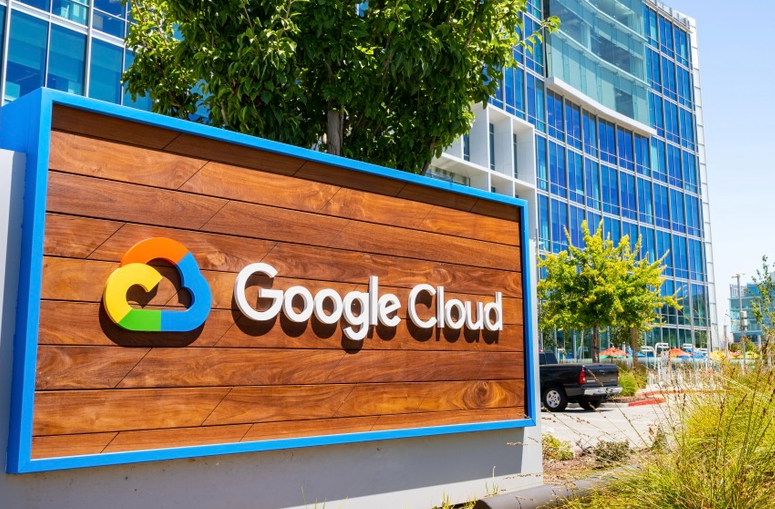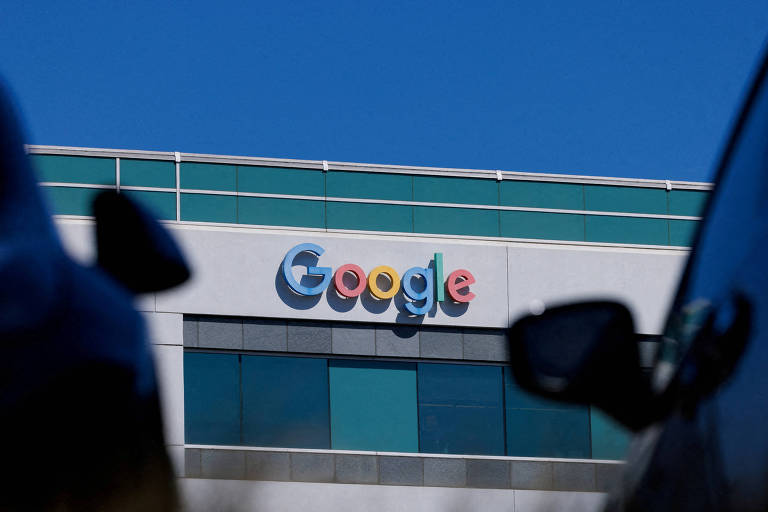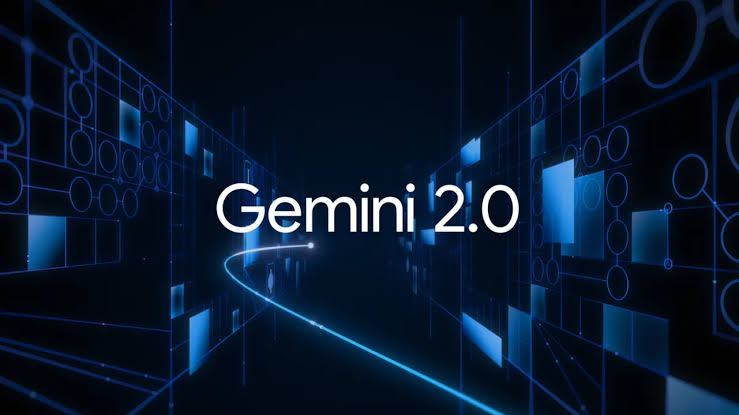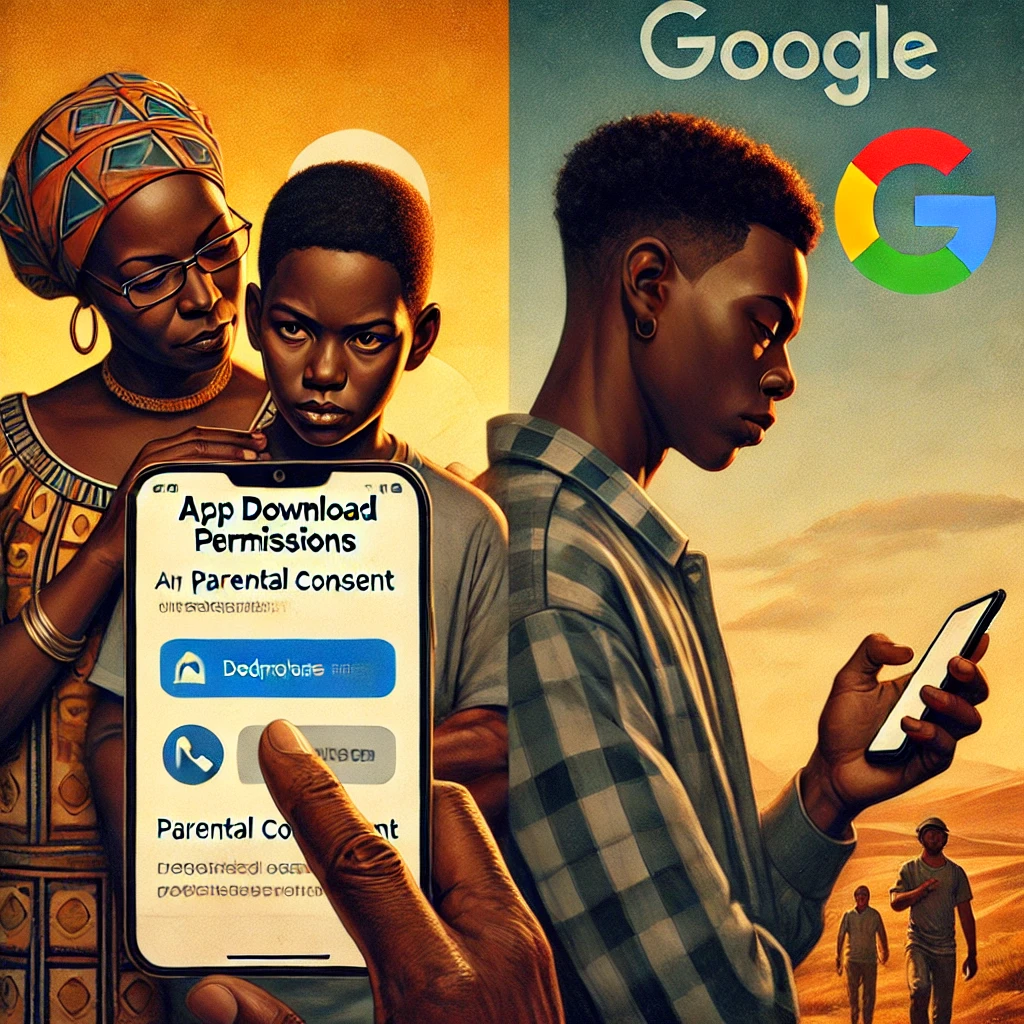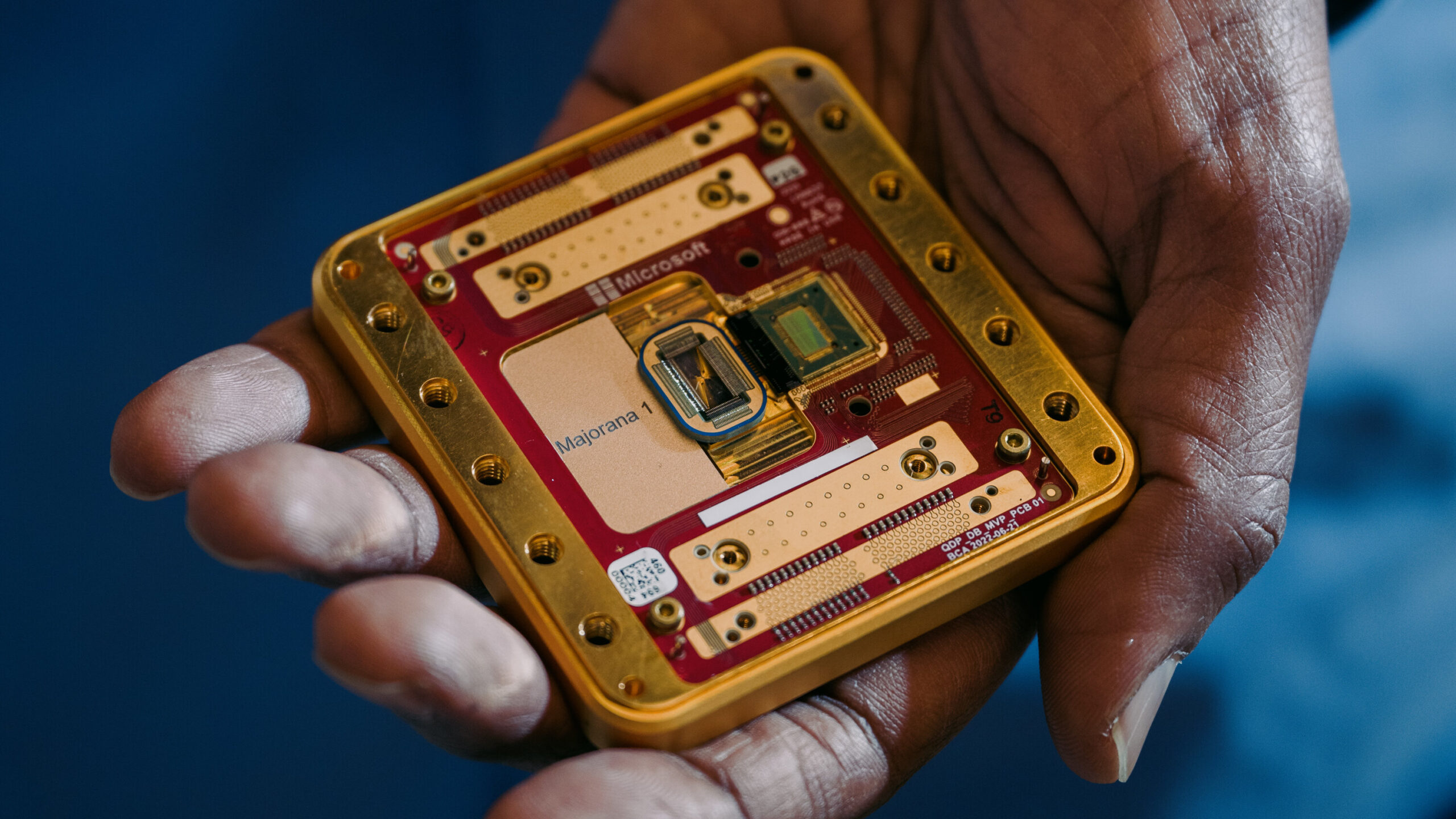Starting April 23, Google, the world’s leading digital advertising company, will begin enforcing stricter advertising policies for cryptocurrency services in Europe, which will require exchanges and wallet providers to comply with the Markets in Crypto-Assets (MiCA) regulations.
The move signals a significant shift for digital finance in Europe, particularly affecting exchanges and wallet providers aiming to market their services online.
Stricter licensing requirements
Under the new policy, crypto advertisers must hold a MiCA license or be registered as a Crypto Asset Service Provider (CASP) in their respective countries. Google also mandates adherence to local legal requirements and certification by the tech giant. The rules apply to most EU nations, including Germany, France, Italy, and Spain.
While violations won’t trigger immediate account suspensions, Google will issue warnings at least seven days prior. The policy follows MiCA’s full implementation in December 2024, marking the EU’s first comprehensive crypto regulatory framework.
Speaking on the development, Hon Ng, Bitget’s chief legal officer, called the policy a “double-edged sword,” noting that while it filters out unregulated players and reduces scams like ICO fraud, it risks being overly restrictive. “Smaller exchanges may struggle with MiCA’s capital requirements or dual certification hurdles,” he said. Transition periods for national licenses vary, potentially creating temporary enforcement gaps.
Mattan Erder of Orbs questioned whether the changes protect investors or Google itself. “If MiCA registration is burdensome, smaller players will struggle to compete,” he warned.
Meanwhile, the EU’s strict stance contrasts with approaches in the U.S., India, and Singapore, where regulatory clarity and lighter compliance burdens attract crypto firms. Particularly, MiCA’s rigid rules could stifle innovation, pushing startups to more crypto-friendly jurisdictions.
Impact of Google’s ad policy on African crypto firms
While Google’s new crypto ad policy under Europe’s MiCA regulation targets the EU, its effects may still reach African crypto communities.
Many African-based exchanges and blockchain startups rely on Google Ads to reach European users, especially the diaspora market. Without EU licensing, these firms could be shut out of a key advertising channel, limiting visibility and growth opportunities.
However, the policy doesn’t directly apply within African nations, meaning local operations remain unaffected for now. The bigger concern lies in reduced access to European markets, which could pressure African crypto startups to navigate complex and costly compliance requirements.

